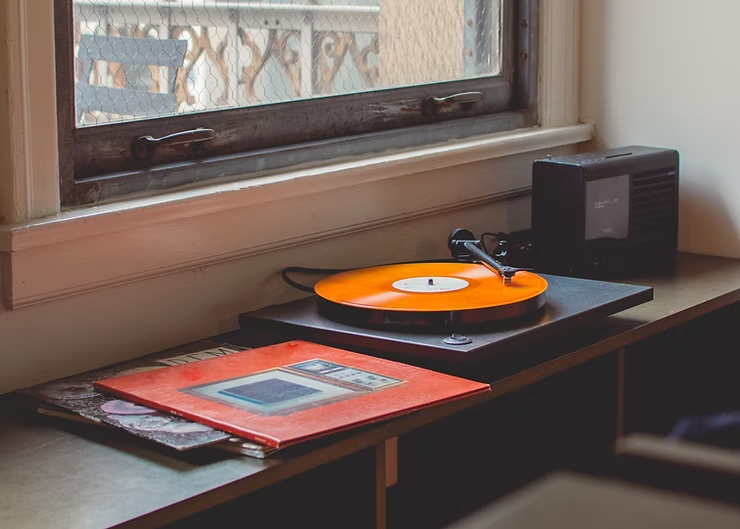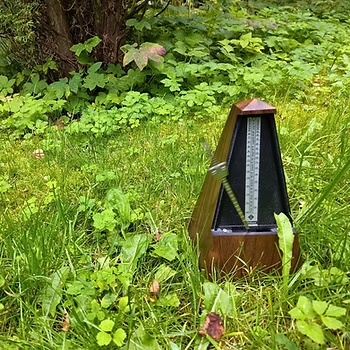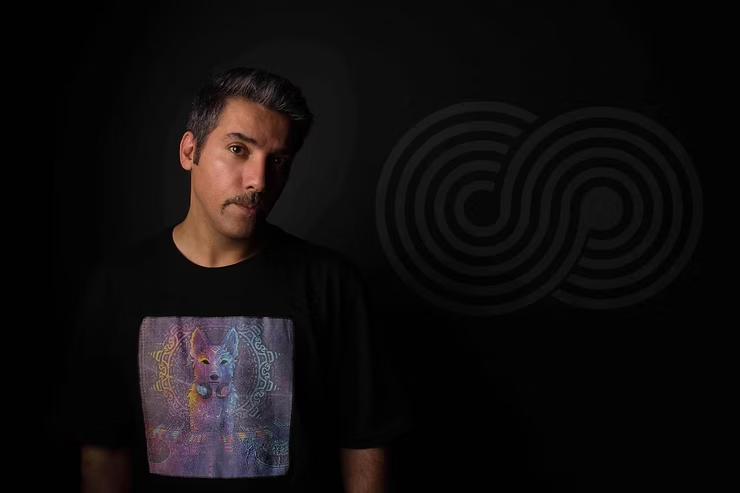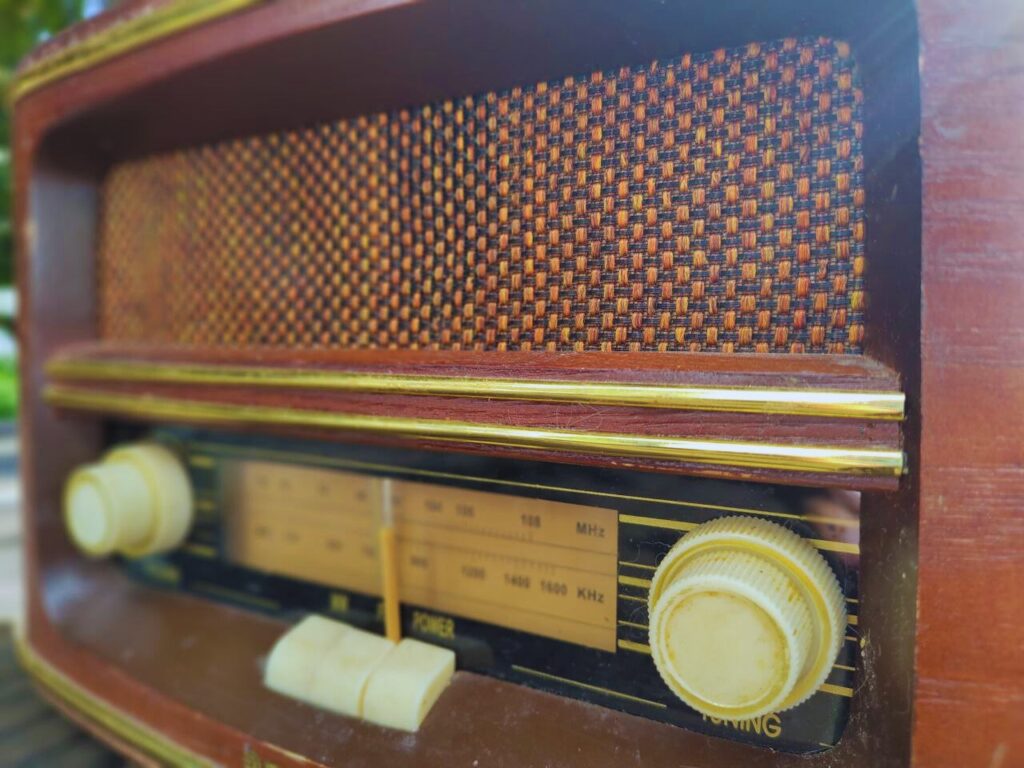
Producing music when you have the skills to do so is often spoken of as one of the most outstanding things you can do. You get to build your studio, set up all your equipment, and create masterpieces with other artists during your recording sessions. More than that, you get to build and produce brand-new work for musical artists. For a lot of that, the rest of us differently but musically abled can only sit back and experience your growth with the hopes that we’ll be guided just as well when it’s our turn.
I myself am much more of a singer than someone who plays any other instruments. While I may not be able to flip myself into a Bach concerto on a mall piano, I am always able to take a new piece of music, learn its ins and outs, and give it a grand and proper recording. It doesn’t matter what sort of understanding the music requires. There is always a way to make what needs to be done explode out from you as a vocalist and recording artist.
Step 1: Learning The Song
One of the toughest parts of recording anything is learning and understanding the music you want to produce. Whether working on a choral arrangement or singing along with a catchy hook or melody over background music, the most important thing for a singer to understand is as much of the song as he can before going in and trying to record it.
It is always easier when the singer knows the entire song from its start to its finish. Rather than letting your recording partner forget any of his lines, remember to encourage them as much as you can. It may always be his responsibility to go over any lyrics or arrangements before beginning with any recording. After all, no matter how good you are at expression and vocalization, you can only record along with something you know. Learn those chords, harmonies, and lyrics to really understand what the song and yourself are trying to say.
Step 2: What Does It All Mean
After learning the vocal arrangement, this next bit becomes even more important for anyone singing along with the lyrics written in the song. As a vocalist, once you’ve learned it, that’s great! However… What does any of it mean?
During my time as a singer, I’ve been able to drop lyrics about all different parts of life. I’ve gotten to talk about women I’ve loved (and hated), politics, and situations I can barely wrap my head around at all. Sometimes it can be difficult to keep up with what lyrics mean especially when they’re written by someone else. Those are the ones it’s worth paying the most attention to, however. Who knows if you’re singing about something you may have to explain some time later. It could have been fun singing about something at 18 that is probably a lot less fun explaining at 25.
When I was 18, I got to sing a song written by a friend’s high school band back in the day. I’ll spare you the details and just let you know the song was called “Lotion.” By the time my age had advanced a few years, my appreciation of the ridiculous lyrics I didn’t write had all but faded away. The meaning of things had changed quite a bit too. It just wasn’t worth it to talk about “stopping at the Palace” anymore. I didn’t want anyone to be curious about what I might be up to during that song.
So once you’ve learned the song, learn what the lyrics mean, and decide if you want that lesson on your conscience in your upcoming future. It can happen to you much more quickly than you think. You singers can also stick to beautiful vocalizing with harmonies and choral members than focusing on lyrics after all.
Step 3: Sing Your Heart Out
When you get to be the singer of a great project, that is the time to really let your mind and body deliver on what your soul has spent time understanding. Suddenly the lessons and the access you may be feeling with this song become more and more important. You’re not just offering up your talent. You’re also offering up your spirit.
You will know when you’ve hit that moment. When you’ve warmed up your voice, pushed out the difficult pitches, and connected with the song’s meaning is when you know you’ve gotten there. You suddenly can develop the song in the way you feel it should exist. Embellish your vocal parts and present your message. Every song should feel like a completely new piece of you being recorded to be heard someday in the future. That is the most beautiful part of songwriting. That is what your essence can bring out of every song you’re fortunate enough to sing.
So rather than allowing yourself to feel angst over the parts you don’t know and worry over the lyrics you didn’t learn, why not allow yourself a chance to remember to shine when it’s your time? Get up and prepare to be counted by creating a song people could listen to a hundred years from now. So producers, when you finally meet someone with a golden voice, don’t be afraid to let them shine as much as possible as you make great music working together.







